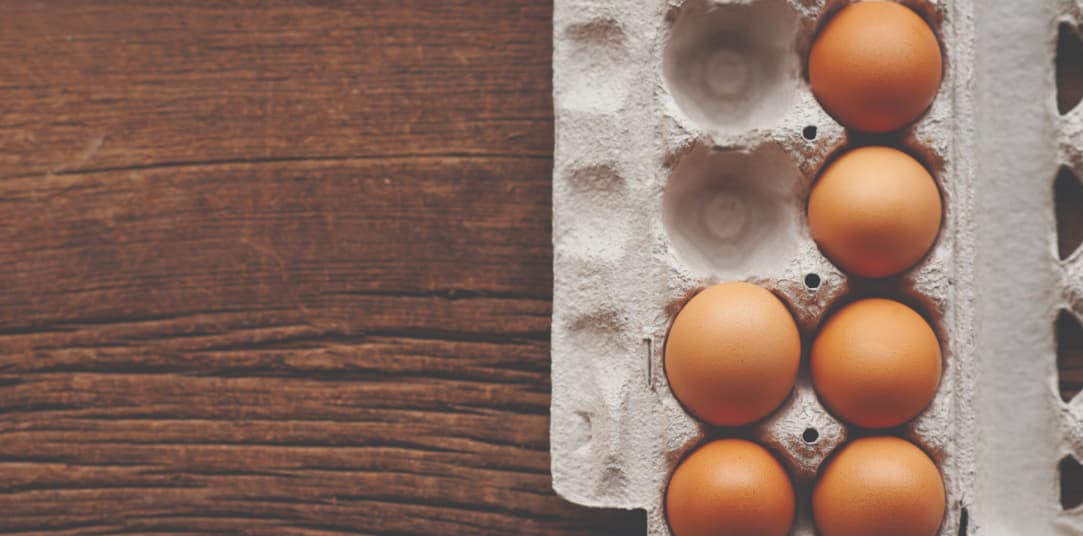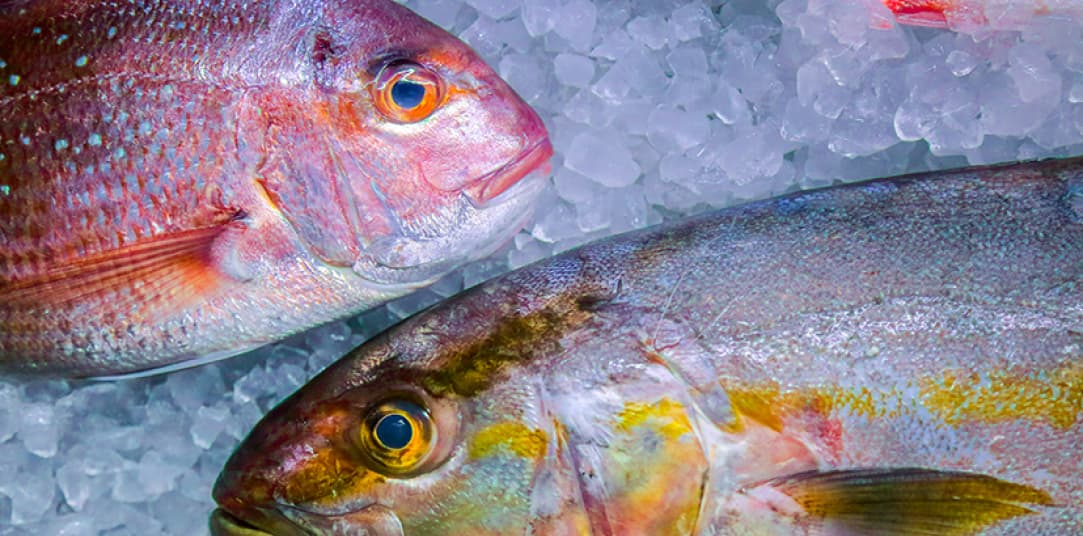
Reducing Food Waste at Home - Section Two
Food Waste 101
Let’s start with the basics. Understanding the types of food we waste and the reasons behind it can really help us tackle our behaviours that lead to waste.
The first step is to get savvy on avoidable and unavoidable food waste. That’s right, not all food waste is created equal!
Everyone has unavoidable food waste; that’s bits like bones, shells, peelings, tea bags and coffee grounds. But avoidable food waste is the stuff we could have eaten – like leftovers from meals, and food that we just haven’t eaten in time.
A massive 59% of food waste from Scottish homes is avoidable, so it’s clear we have lots to do to make sure only inedible food is disposed of.

Types of food being wasted
The volume of food waste is staggering. In Scotland we throw away over two million slices of bread every day and enough milk for half a million bowls of cereal – 85,000 litres of which is tossed out untouched.
That wasted food has an economic as well as an environmental cost. Meat and fish are the most expensive items wasted, with £190 million worth thrown out each year. Fresh vegetables and salad accounts for £150 million, while fresh fruit accounts for £79 million.
Why do we waste food?
A lot of us think we don’t waste food, and often it’s because we’re recycling our food waste instead of throwing it away as general waste.
Recycling or composting your unavoidable food waste is incredibly important. Food waste that goes to landfill releases methane into the atmosphere – a harmful greenhouse gas. Recycling or composting this waste instead means that it could have a second life as compost or liquid fertiliser to help grow more food, but it may also be as a sustainable energy source in the form of biogas for heat and/or electricity, vehicle fuel or as a natural gas replacement within the national gas grid network.
Find out more about more about food waste recycling in your local authority or explore home composting.
Importantly, while recycling is a fantastic force for good, the production of that uneaten food still generates emissions that contribute to climate change. That’s why preventing or reducing food waste is even better; it recognises all the effort that goes into producing food in the first place.
Food waste quiz
Progress
Section 2 out of 5 complete
Congratulations!
Congratulations! You’re now well-versed on the difference between avoidable and unavoidable food waste, and how unavoidable food waste is the only stuff that we want to see in our food waste caddy for recycling.
The good news is there are lots of simple hacks we can all use to prevent food waste. We’ll look at some of them on the next page.

